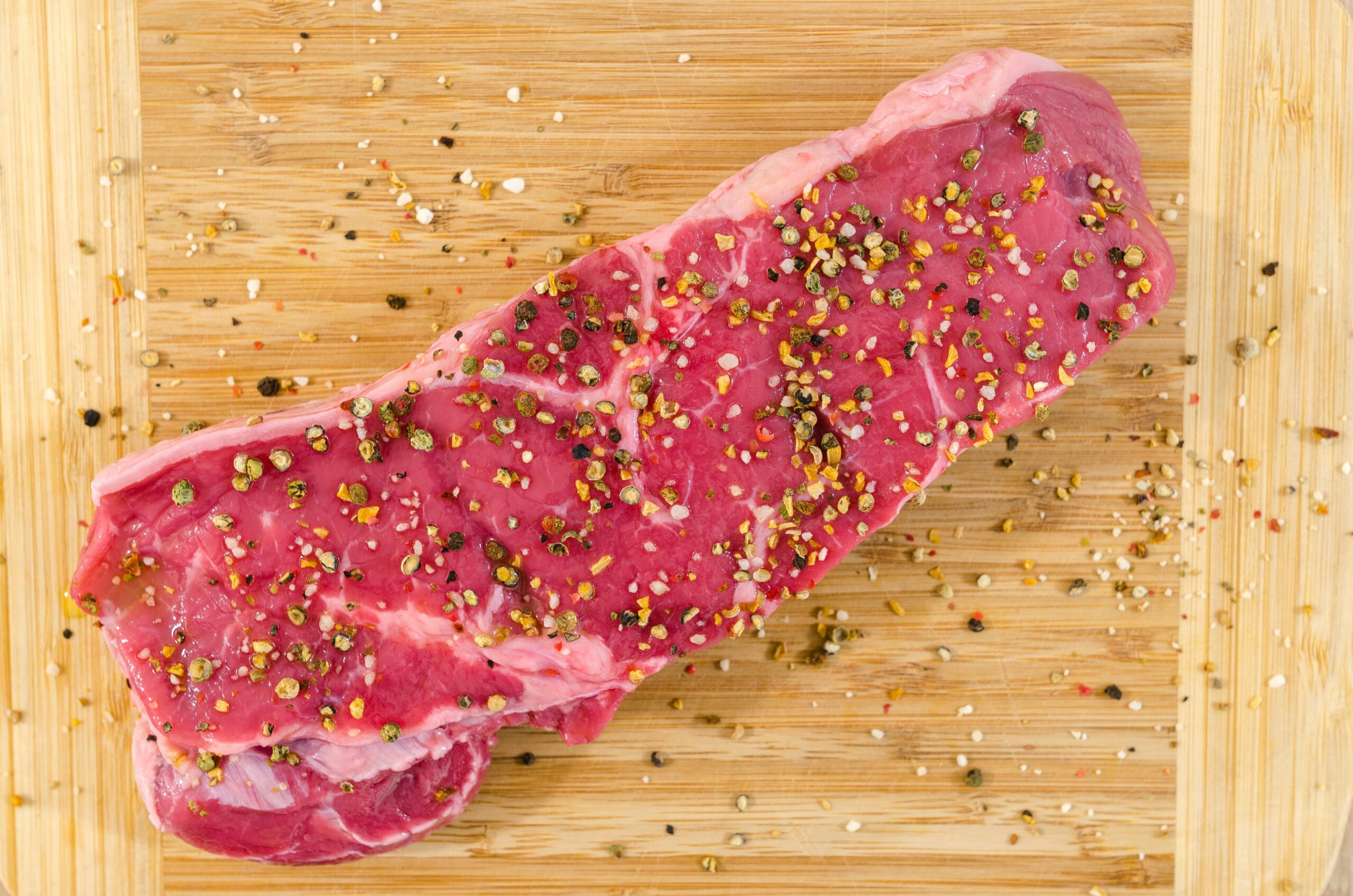Butcher block countertops have gained popularity in kitchens due to their warmth, durability, and versatility. These wood countertops are not only functional but also add a rustic charm to any space. Whether you’re a homeowner planning a renovation, a DIY enthusiast, or an interior designer, understanding the intricacies of butcher block countertops is essential for making an informed choice. This article will guide you through the various aspects of butcher block countertops, including their types, benefits, installation methods, maintenance, and cost considerations.
Butcher block countertops are surfaces made from straight cuts of wood glued together to form a thick, sturdy slab. Originally designed for butchers to chop meat, these countertops have evolved into a popular choice for kitchens, offering a blend of functionality and aesthetic appeal. They can be used for food preparation, as a cutting surface, or as a decorative element in kitchen design.
Types of Wood Used in Butcher Block Countertops
The choice of wood is crucial for the performance and appearance of butcher block countertops. Here are four commonly used types:
- Maple: Known for its durability and resistance to scratches, maple is a popular choice. Its light color allows it to blend seamlessly with various kitchen styles.
- Oak: With its prominent grain patterns, oak adds character to any kitchen. It is strong and resistant to wear, making it suitable for heavy use.
- Walnut: Renowned for its rich, dark tones, walnut provides a luxurious look. It is softer than maple and oak, requiring more careful maintenance.
- Cherry: Cherry wood darkens over time, giving a warm, inviting appearance. It is moderately hard and offers a unique aesthetic with its smooth grain.
Pros and Cons of Butcher Block Countertops
Before deciding on butcher block countertops, it’s essential to weigh their advantages and disadvantages.
Advantages
- Warm Aesthetic: The natural beauty of wood adds warmth and character to kitchens.
- Versatility: Butcher block can be used in various kitchen styles, from modern to rustic.
- Durability: When properly maintained, butcher block countertops can last for many years.
- Eco-Friendly Options: Many manufacturers offer sustainably sourced wood, making them a more environmentally conscious choice.
Disadvantages
- Maintenance Requirements: Regular oiling and sealing are necessary to prevent damage from moisture and stains.
- Scratching: While they can be sanded down, butcher block countertops are prone to scratches from knives and utensils.
- Water Damage Risk: If not properly sealed, wood can warp or swell when exposed to water.
- Cost: Depending on the wood type and quality, butcher block countertops can be expensive compared to laminate or tile options.
Popular Styles and Finishes
Butcher block countertops come in various styles and finishes, allowing homeowners to customize their look.
Edge Profiles
- Square Edge: A straightforward, modern look that suits contemporary kitchens.
- Beveled Edge: Adds a subtle detail while maintaining a clean profile.
- Round Edge: Softens the appearance and is safer for families with children.
Finish Options
- Oiled Finish: Enhances the natural beauty of the wood while providing some moisture resistance.
- Polyurethane Finish: Offers a more durable, water-resistant surface but can alter the wood’s appearance.
- Natural Finish: Maintains the wood’s original look but requires more frequent maintenance.
Installation: DIY vs. Professional
Installing butcher block countertops can be a rewarding DIY project, but it requires careful planning and execution.
DIY Installation Steps
- Measure the countertop space accurately.
- Purchase the butcher block slab, ensuring it fits your measurements.
- Cut the slab to size using a circular saw.
- Sand the edges for a smooth finish.
- Attach the countertop to the cabinets using adhesive or brackets.
- Seal the wood with oil or a protective finish.
Professional Installation Considerations
Hiring a professional can save time and ensure a high-quality installation. Professionals can also offer custom shapes and finishes that may be challenging for DIY enthusiasts. Be prepared to discuss your design preferences and budget during the consultation.
Maintenance and Care Tips
Proper maintenance is essential for prolonging the life of butcher block countertops. Here’s a step-by-step guide:
Cleaning
- Use a damp cloth and mild soap to clean the surface regularly.
- Avoid soaking the wood in water or using harsh chemicals.
Oiling
- Apply food-safe mineral oil every 3-4 weeks to keep the wood hydrated.
- Pour a small amount of oil onto the surface and spread it evenly with a cloth.
Sealing
- Consider sealing the countertop with a protective finish once or twice a year.
- Follow the manufacturer’s instructions for the specific product used.
Cost Breakdown and Value Comparison
The cost of butcher block countertops can vary significantly based on wood type, thickness, and finish. Here’s a general breakdown:
- Maple: $40 – $60 per square foot
- Oak: $50 – $70 per square foot
- Walnut: $70 – $100 per square foot
- Cherry: $60 – $90 per square foot
When compared to other materials like granite or quartz, butcher block may initially seem more affordable, but ongoing maintenance can add to the total cost over time.
Real-Life Examples and Inspiration
Many homeowners have successfully incorporated butcher block countertops into their kitchens. Here are a few inspiring examples:
- Modern Minimalist: A sleek, square-edge maple countertop complements white cabinetry and stainless steel appliances, creating a clean, contemporary look.
- Rustic Charm: A thick walnut countertop with a round edge enhances a farmhouse-style kitchen, paired with vintage cabinetry and open shelving.
- Mixed Materials: Combining butcher block with a stone backsplash offers a unique contrast, providing a warm, inviting cooking space.
Choosing butcher block countertops depends on your lifestyle, kitchen design, and maintenance preferences. Consider the following checklist:
- Do you value a warm, natural aesthetic?
- Are you willing to commit to regular maintenance?
- Do you often prepare food directly on your countertops?
- Do you prefer a versatile material that works with various designs?
If you answered yes to most of these questions, butcher block countertops could be an excellent addition to your kitchen. They provide both practicality and style, enhancing your cooking space for years to come.

